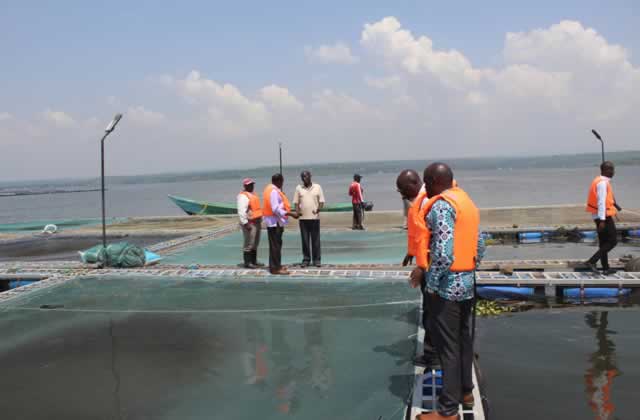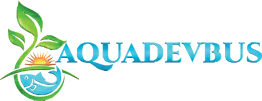
In the wake of escalating global challenges, the AQUADEVBUS project emerges as a beacon of hope, particularly for the aquaculture sector in Kenya and beyond. This ambitious initiative, spearheaded by a consortium of esteemed institutions including Great Lakes University of Kisumu, UiT the Arctic University of Norway, Rongo University, and Turku University of Applied Sciences, is set to catalyze significant strides towards achieving the United Nations Sustainable Development Goals (SDGs). By redefining aquaculture education and practices, the AQUADEVBUS project not only aligns with specific SDGs but also showcases a holistic approach to sustainable development.
SDG 2: Zero Hunger
Aquaculture holds immense potential in addressing food security by providing a sustainable source of nutritious food. The AQUADEVBUS project's focus on developing cutting-edge aquaculture education equips future professionals with the skills and knowledge to increase fish production efficiently and sustainably. By enhancing food availability and reducing dependency on wild fish stocks, the project contributes directly to achieving zero hunger.
SDG 4: Quality Education
At the heart of the AQUADEVBUS project lies the commitment to quality education through the development and dissemination of innovative aquaculture curricula. By integrating modern technologies, sustainable practices, and pedagogical methods, the project ensures that students and professionals are well-prepared to meet the industry's evolving demands. This initiative not only elevates the standard of aquaculture education but also fosters lifelong learning opportunities.
SDG 8: Decent Work and Economic Growth
By cultivating a skilled workforce in the aquaculture sector, the AQUADEVBUS project stimulates economic growth and provides avenues for decent employment. The project's emphasis on digital twins technology and value chain enhancement has the potential to modernize aquaculture practices, improve productivity, and thus, contribute to sustainable economic growth.
SDG 13: Climate Action
Aquaculture, when practiced responsibly, offers a climate-smart solution to food production. The AQUADEVBUS project's dedication to sustainable aquaculture education underlines the importance of developing and implementing practices that minimize environmental impact. Through research and innovation, the project aims to reduce the carbon footprint of aquaculture operations, contributing to global climate action efforts.
SDG 14: Life Below Water
Sustainable management of aquatic resources is critical to preserving marine biodiversity. The AQUADEVBUS project aligns with this goal by promoting sustainable aquaculture practices that ensure the health and vitality of water ecosystems. Through educational programs, the project advocates for responsible aquaculture that supports aquatic life conservation.
SDG 17: Partnerships for the Goals
The collaborative nature of the AQUADEVBUS project exemplifies the power of partnerships in achieving sustainable development. By bringing together academic institutions, industry stakeholders, and communities, the project fosters a multidisciplinary approach to tackling the challenges facing the aquaculture sector. Such partnerships are pivotal in sharing knowledge, resources, and technologies, thereby accelerating progress towards the SDGs.
Conclusion
The AQUADEVBUS project stands as a testament to the transformative power of targeted educational initiatives in advancing sustainable development. By addressing key aspects of aquaculture education and practices, the project not only impacts specific SDGs but also contributes to the broader agenda of sustainable development. As this initiative unfolds, its potential to inspire change, drive innovation, and foster a more sustainable and prosperous future for all becomes increasingly evident.

